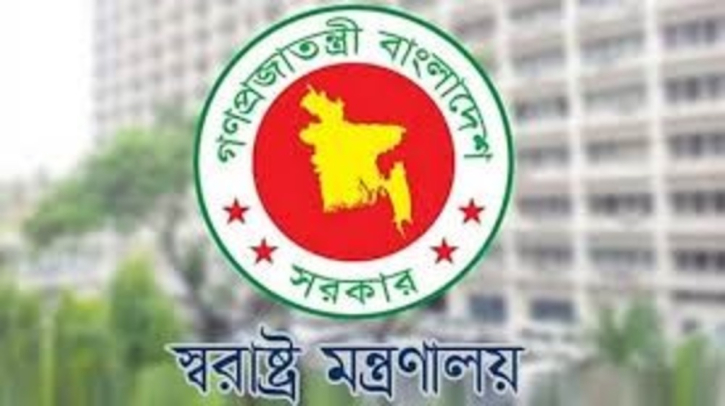
The Ministry of Home Affairs has issued 15 directives, including increasing patrols by the Army, BGB, Police and RAB, ahead of the upcoming Eid-ul-Fitr.
To ensure the overall law and order situation and security during the upcoming Eid-ul-Fitr, as well as to make the travel of people heading home safe and comfortable, the following directives should be implemented, according to a notification issued on Tuesday.
The overall law and order situation across the country must be maintained with utmost priority during the lead-up to Eid-ul-Fitr.
To prevent theft, robbery, snatching, extortion, and terrorist activities, in addition to uniformed police, members of intelligence agencies should be deployed, special checkposts should be set up on specific roads and intersections, money escorts should be provided during money transfers, necessary measures should be taken to prevent the spread and identification of counterfeit currency.
Patrols by the Army, BGB, Police, and RAB must be increased in diplomatic areas, important locations, as well as in major cities and ports across the country.
The owners of garment factories and other industries, such as BGMEA, BKMEA, and the Industrial Police, must sit together and make necessary arrangements to pay workers' salaries, allowances, bonuses, etc., before Eid.
To ensure smooth shopping for the general public during Eid, in addition to uniformed police, female police officers and plainclothes police members should be deployed. Special night-time security arrangements should be ensured in markets, and all markets should be brought under CCTV surveillance.
To ensure the safety of people travelling home for Eid, no extra fare should be charged on buses, trains, and launches, and no extra money should be collected by irregular or illegal queues at ferry terminals. Extra passengers should not be carried, and necessary strict actions should be taken by the relevant authorities to control extortion in transportation.
To resolve traffic congestion across the country, especially in the capital, effective and appropriate measures must be taken.
For the smooth flow of traffic at toll plazas, including Jamuna Bridge, Padma Bridge, and flyovers, the relevant authorities should implement effective measures for quick toll collection, including the use of Electronic Toll Collection (ETC).
To resolve traffic congestion, IP/CC cameras should be installed at 155 identified spots by the Road Transport and Highways Department, and monitoring should be strengthened before and after Eid-ul-Fitr. If necessary, drone monitoring may be carried out at more critical locations.
To resolve traffic congestion, motor vehicles should not be stopped on roads by law enforcement agencies without specific prior information during the 7 days before and after Eid.
Except for essential goods carriers or passenger vehicles, construction material-carrying and long vehicles leaving from any place, including land and water ports, should not be allowed to operate on highways or ferry routes during the 3 days before and after Eid, and necessary measures should be taken in this regard.
Bulkhead movement on rivers should be stopped for 5 days before and after Eid.
For emergency rescue operations in case of accidents on various roads, highways, and waterways, teams from the Fire Service and Civil Defense, rescue boats, divers, firefighting equipment, and ambulances should be kept ready. If necessary, assistance from the Coast Guard should be sought.
In case of an accident or a broken vehicle on roads/bridges, the affected or broken vehicles should be quickly removed and relocated to a nearby vacant space. Tow trucks should be kept available in areas prone to traffic congestion, such as Jamuna and Padma Bridges.
During Eid, in addition to maintaining overall law and order, the Police Department and other law enforcement agencies should set up control rooms to maintain discipline on the roads.
All control rooms should maintain communication with the Ministry of Home Affairs' central Joint Operation Centre (01320001223). Coordination should be strengthened by connecting the control rooms with the national emergency service 999 for road discipline.
TH

.png)







